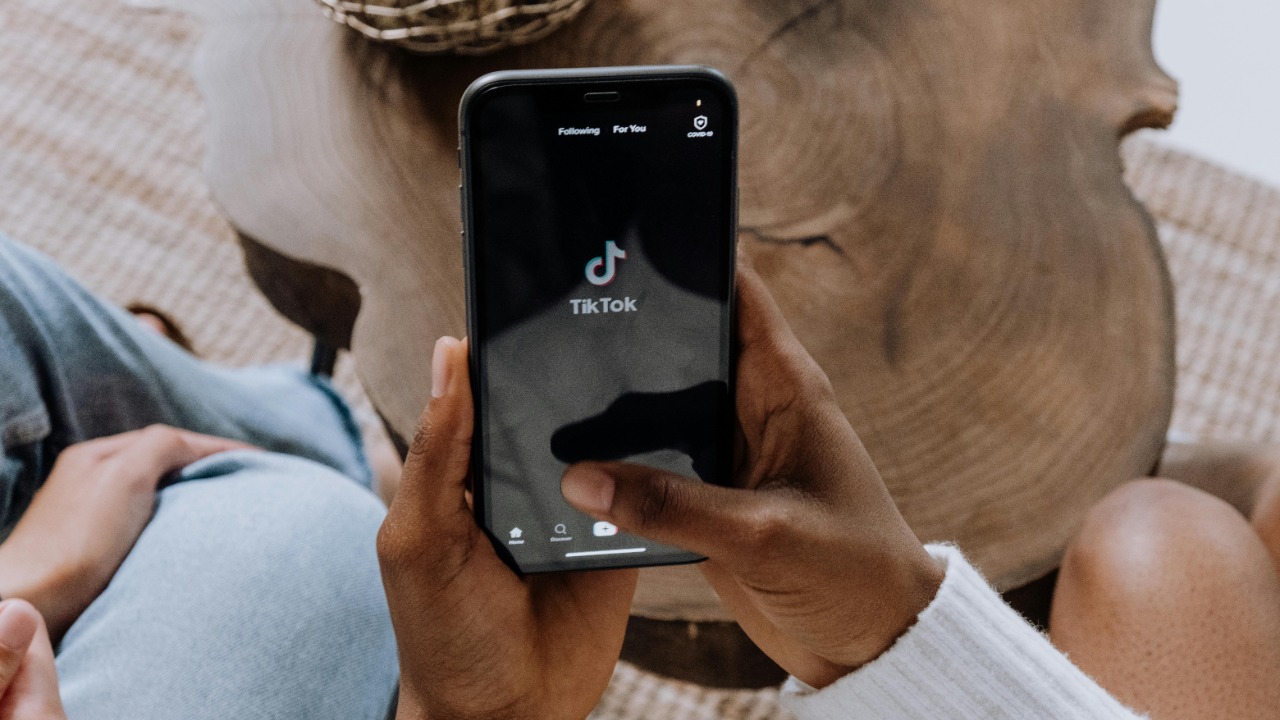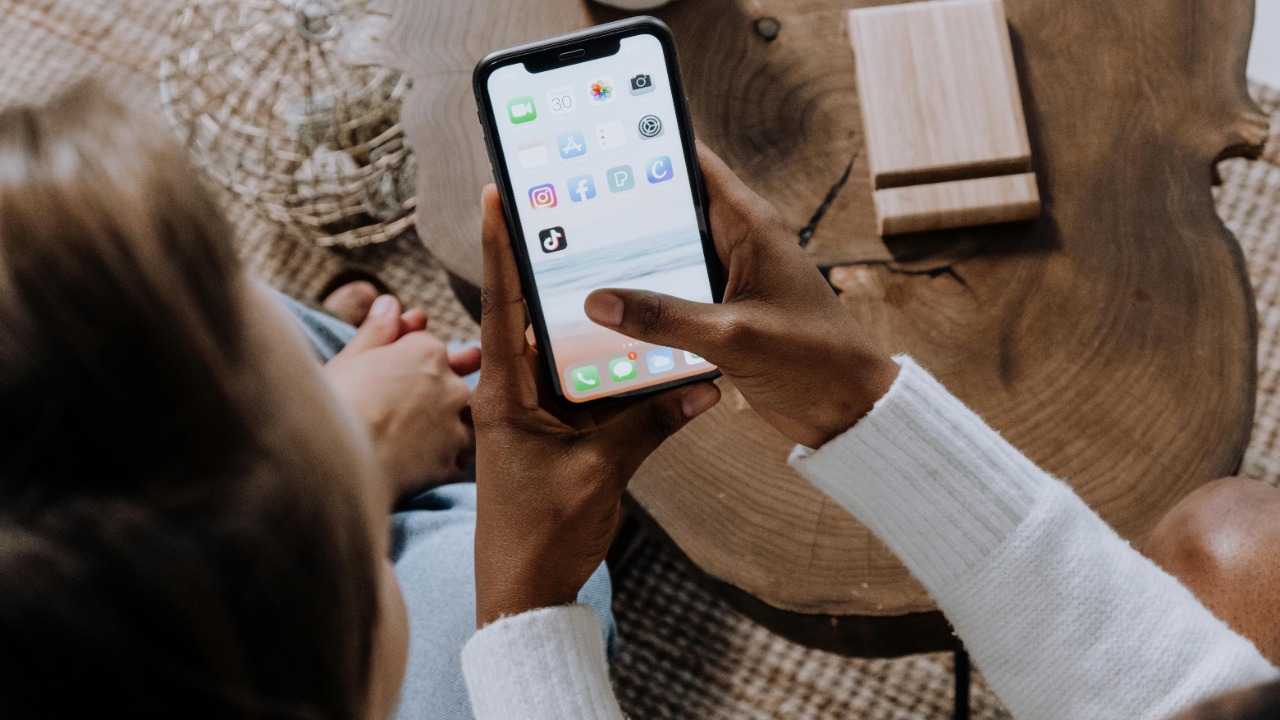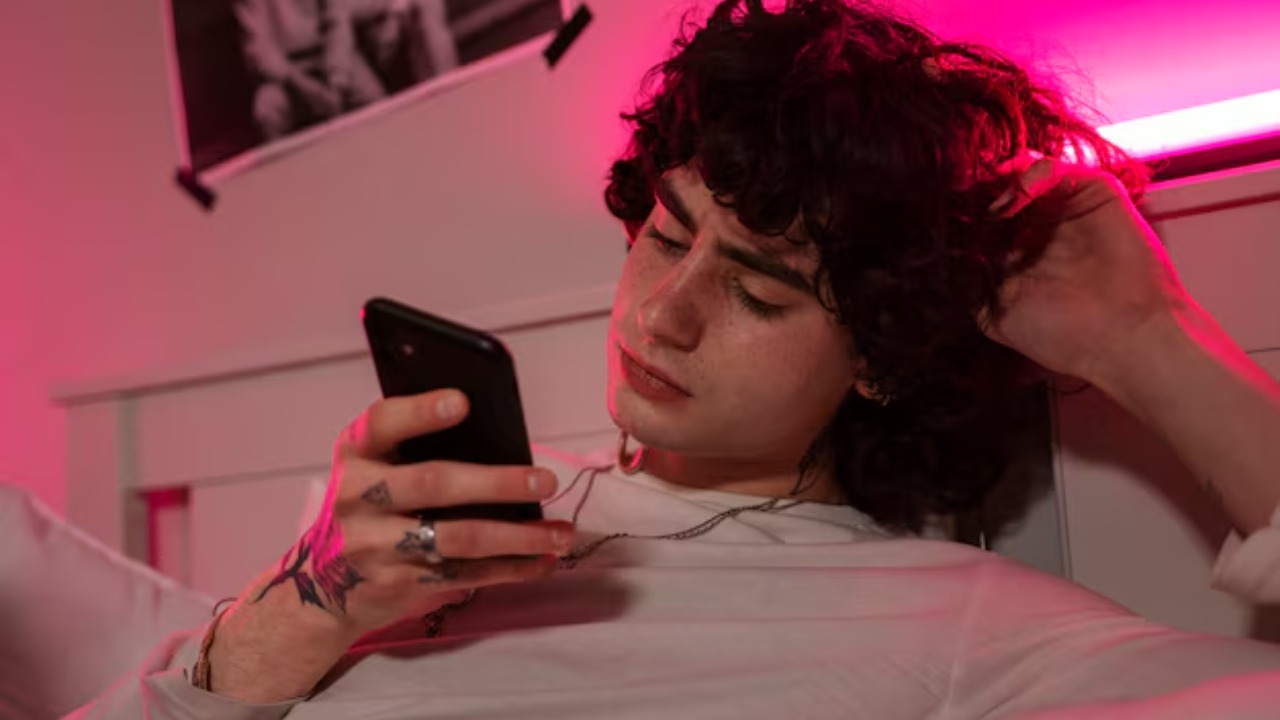
Groundbreaking research has indicated that the algorithm employed by TikTok, a popular social media platform, could potentially serve as a predictor for depression among its users. This article delves into the details of the study, its implications, and the wider effects on the interplay between social media use and mental health.
Overview of the Study

The research was primarily focused on understanding how the TikTok algorithm could potentially predict depression among its users. The study, conducted by a multidisciplinary team of researchers, was extensive in nature, covering a broad spectrum of TikTok users and their interaction patterns. The primary methodology adopted involved studying user behavior, the nature of content they interacted with, and the frequency of their interaction.
The study revealed that users who frequently interacted with certain types of content, exhibited patterns that could be indicative of depressive tendencies. The algorithm, through its ability to collate and analyze vast amounts of data, was able to recognize these patterns, effectively predicting potential depression.
TikTok’s Algorithm and User Interaction

TikTok uses a complex algorithm that controls the type of content presented to each user. This algorithm analyses user interactions, including the types of videos users watch, like, and share, the accounts they follow, the comments they post, and the content they create themselves. It then uses this data to curate a personalized feed of content that aligns with the user’s interests and behavior.
As such, the TikTok algorithm creates a feedback loop – the more a user interacts with a certain type of content, the more similar content they are shown. This study suggests that this feedback loop could potentially reinforce depressive behavior, as users displaying signs of depression tend to interact more with content depicting or discussing depressive symptoms, leading the algorithm to show them more of the same.
Link Between TikTok Usage and Depression

A correlation between frequent TikTok use and signs of depression was observed in the study. Users who spent long periods on the platform, particularly those who consistently interacted with content related to depression, were more likely to exhibit signs of depressive behavior. This is in line with previous studies that have linked heavy social media usage to mental health issues.
The study further suggests that the TikTok algorithm, by constantly showing users content that resonates with their depressive tendencies, might inadvertently worsen symptoms of depression. The algorithm’s feedback loop, in this case, could perpetuate a cycle of negative thinking, making it difficult for users to break free from depressive patterns of thought and behavior.
Implications of the Study’s Findings

The study’s findings have profound ethical implications. The ability of a social media algorithm to predict mental health conditions raises questions about privacy and consent. While it could potentially be used to detect and address mental health issues early, it also presents the risk of misuse of personal data. The research also points to the need for social media platforms to review their algorithms and consider their impact on users’ mental health.
Furthermore, the findings could significantly influence future research on the correlation between social media use and mental health. It could pave the way for more in-depth studies that explore the potential of social media algorithms in mental health detection and intervention. Future research could also focus on how social media platforms can modify their algorithms to promote positive mental health.
The Broader Impact on Mental Health and Social Media

The role of social media in mental health is a topic of increasing concern. The study’s findings underscore the need for social media platforms to take responsibility for their potential impact on users’ mental health. The results could prompt TikTok to review its user policy and make necessary adjustments to its algorithm.
Moreover, these findings could spark discussions about the potential of social media as a tool for early depression detection. With the right checks and balances, social media platforms could provide valuable data for mental health professionals, enabling early intervention and treatment. However, this must be balanced with the need for protecting users’ privacy and ensuring ethical use of data.
Overall, this study is a significant step forward in understanding the complex relationship between social media use and mental health, paving the way for future research in this area.